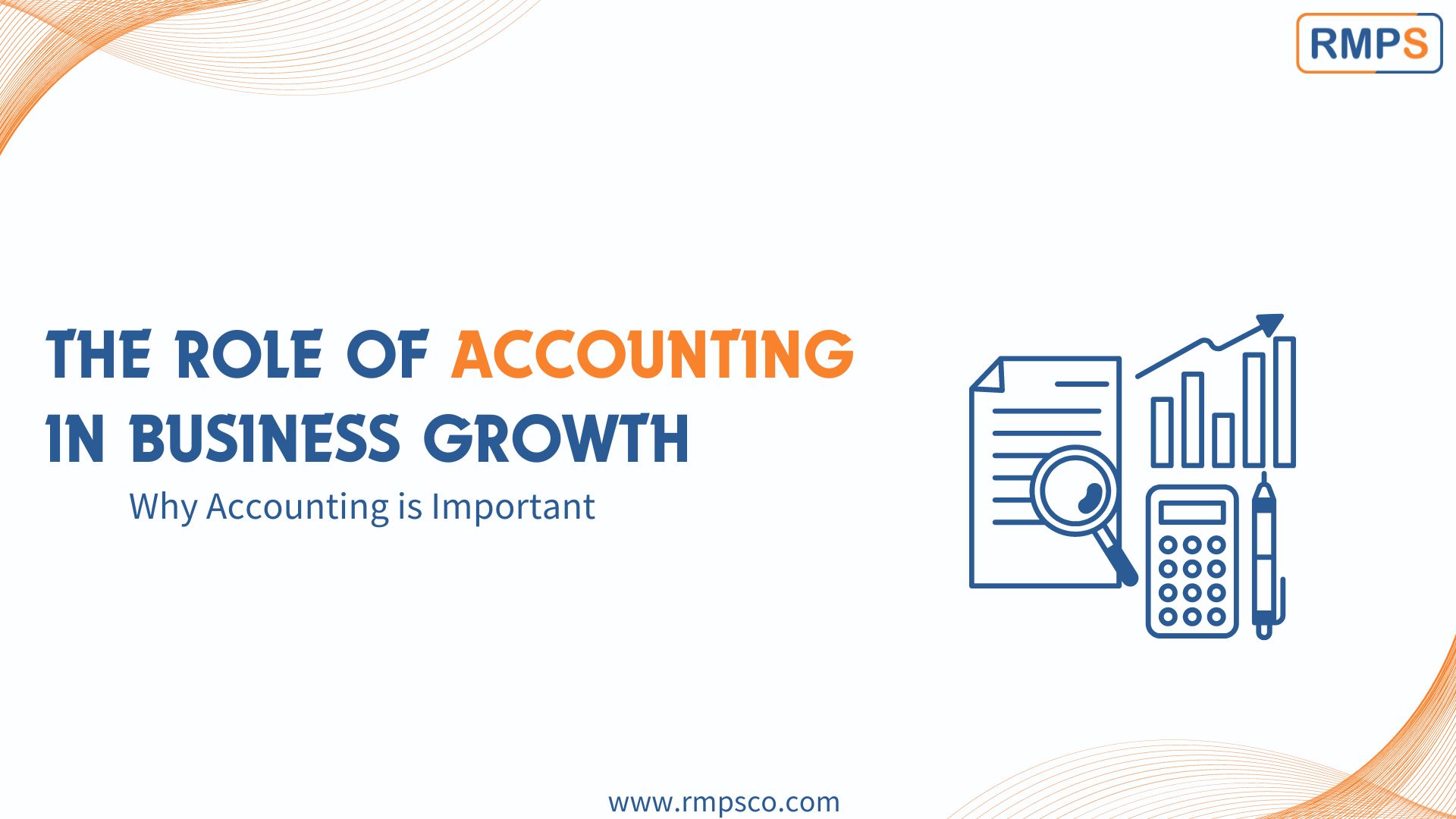
Accounting is crucial for running a business because it helps you track income and expenses, ensures compliance with laws, and provides financial information to investors, management, and the government. This information is essential for making business decisions.
Here are three key financial statements generated by your accounting records:
- Income Statement: Shows your profit and loss.
- Balance Sheet: Gives a clear picture of your business’s financial position on a specific date.
- Cash Flow Statement: Bridges the income statement and balance sheet, showing the cash generated and spent during a specific period.
Keeping your financial records clean and up-to-date is critical for the survival of your business. Here are some key reasons why accounting is important for any business, big or small:
1. Financial Transparency and Reporting
- Accurate Recording: Ensures that all financial transactions are recorded accurately.
- Trust and Credibility: Builds trust and credibility with stakeholders, including investors and creditors.
- Stakeholder Confidence: Provides essential information to investors, creditors, and regulatory agencies.
2. Regulatory Compliance
- Legal Requirements: Ensures compliance with various financial regulations and tax laws.
- Avoid Penalties: Helps businesses avoid penalties and legal issues through accurate record-keeping.
- Regular Audits: Facilitates regular audits and accurate tax filings.
3. Cash Flow Management
- Liquidity Monitoring: Helps businesses monitor their cash inflows and outflows.
- Financial Stability: Ensures there is enough liquidity to meet obligations and avoid financial crunches.
- Investment Opportunities: Allows for better management of cash flow to invest in growth opportunities.
4. Budgeting and Financial Planning
- Budget Creation: Helps create budgets that guide spending and investment decisions.
- Performance Comparison: Enables comparison of actual performance against budgeted targets.
- Corrective Actions: Identifies variances and helps understand their causes for taking corrective actions.
5. Cost Management
- Cost Insights: Provides detailed insights into the costs associated with producing goods or services.
- Cost Reduction: Helps identify areas where costs can be reduced without compromising quality.
- Profit Margins: Leads to improved profit margins and financial stability.
6. Performance Measurement
- Financial Performance: Provides a clear picture of the company’s financial performance over time.
- Key Performance Indicators (KPIs): Helps measure the success of business strategies through KPIs.
- Improvement Areas: Identifies areas for improvement to enhance overall performance.
7. Informed Decision-Making
- Data Analysis: Provides detailed financial information for evaluating different options.
- Strategic Choices: Aids in making informed decisions regarding investments, cost-saving measures, and expansion plans.
- Business Leaders: Helps business leaders choose the best course of action based on accurate data.
8. Risk Management
- Risk Identification: Helps in identifying potential financial risks early.
- Risk Mitigation: Provides the information needed to develop strategies to mitigate risks.
- Financial Health: Protects the business’s financial health by managing credit, operational, and market risks.
9. Strategic Planning
- Long-term Goals: Provides the financial insights needed for setting realistic long-term goals.
- Scenario Evaluation: Enables evaluation of different scenarios and forecasting future financial performance.
- Contingency Planning: Assists in planning for various contingencies to ensure long-term success.
10. Enhancing Business Valuation
- Attracting Investors: Accurate accounting is essential for attracting investors.
- Business Valuation: Provides a reliable basis for business valuation during mergers and acquisitions.
- Negotiating Terms: Helps negotiate better terms with investors and buyers, ensuring the best possible deal.
Conclusion
Accounting is not just about keeping track of numbers; it is a vital tool for managing and growing a business. From ensuring financial transparency and compliance to aiding in strategic planning and risk management, accounting touches every aspect of a business’s operations. By leveraging accurate and timely financial information, businesses can make informed decisions, achieve their financial goals, and build a sustainable path to success.
LinkedIn Link : RMPS Profile
This article is only a knowledge-sharing initiative and is based on the Relevant Provisions as applicable and as per the information existing at the time of the preparation. In no event, RMPS & Co. or the Author or any other persons be liable for any direct and indirect result from this Article or any inadvertent omission of the provisions, update, etc if any.
Published on: July 3, 2024
